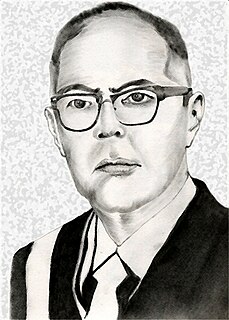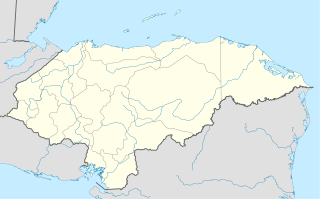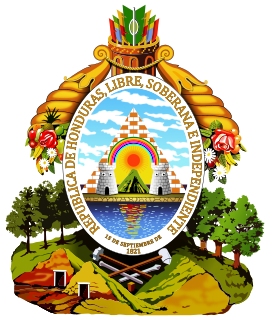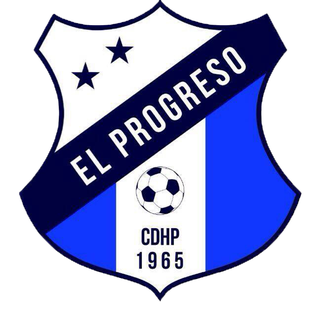José Antonio Cruz Oliva is a Honduran sociologist. Cruz Oliva holds a doctorate in sociology from the University of the Basque Country. [1]

Honduras, officially the Republic of Honduras, is a country in Central America. In the past, it was sometimes referred to as "Spanish Honduras" to differentiate it from British Honduras, which later became modern-day Belize. The republic of Honduras is bordered to the west by Guatemala, to the southwest by El Salvador, to the southeast by Nicaragua, to the south by the Pacific Ocean at the Gulf of Fonseca, and to the north by the Gulf of Honduras, a large inlet of the Caribbean Sea.

The University of the Basque Country is the public university of the Basque Autonomous Community. Heir of the University of Bilbao, initially it was made up of the Faculty of Economic and Business Sciences of Sarriko (1955), Medicine (1968) and Sciences (1968). Following the General Law of Education (1970), the Nautical School (1784), the School of Business Studies of Bilbao (1818) and the Technical Schools of Engineers (1897) joined in, until it grew into the complex of thirty centers that compose it presently.
Cruz Oliva was one of the leaders of the Movement for Socialism (MAS), a left-wing faction of the Christian Democratic Party of Honduras in the 1970s. [2]
The Movement for Socialism was a political movement in Honduras, active inside the Christian Democratic Party of Honduras (PDCH). The split inside DC had begun to emerge in 1975. MAS was constituted at the Sixth National Plenum of the party in March 1976. MAS was founded by a younger generation within the PDCH, with leaders like José Antonio Cruz Oliva, Efraín Díaz Arrivillaga, Rodolfo Sorto Romero, Rafael Alegría, Oswaldo Discua, Juan Ramón Dermit, Melba Reyes and others. Many of its leaders came from university-based organization. Inside PDCH MAS confronted the "El Palo" faction for influence over the organization.

The Christian Democratic Party of Honduras, known by the abbreviation DC, is a political party in Honduras. At the legislative elections, held on 25 November 2001, DC won 3.7% of the popular vote and 3 out of 128 seats in the National Congress. Its candidate at the presidential elections, Marco Orlando Iriarte won 1.0%.
In the 2013 general election Cruz Oliva stood as a candidate for parliament for the Democratic Unification Party (UD) in Francisco Morazán. He obtained 6,218 votes. [3]

The Democratic Unification Party is a left-wing political party in Honduras. PUD was founded on 29 September 1992 by the merger of four leftist clandestine or semiclandestine political parties, in the context of the changed political situation in Central America at that period, following the end of the Cold War. The PUD was legally recognised in 1993/4 and has fought various elections since 1997, gaining around 1-3% of the vote.

Francisco Morazán was a Central American politician who was president of the Federal Republic of Central America from 1830 to 1839. Before he was president of Central America he was the head of state of Honduras. He rose to prominence at the battle of La Trinidad on November 11, 1827. Morazán then dominated the political and military scene of Central America until his execution in 1842.












